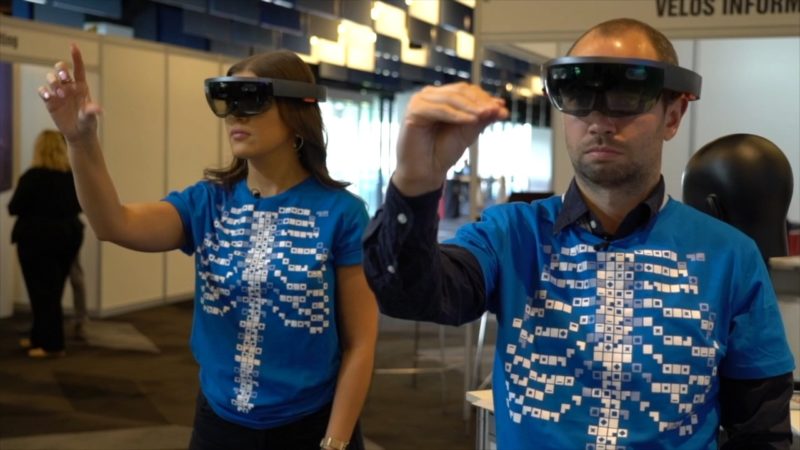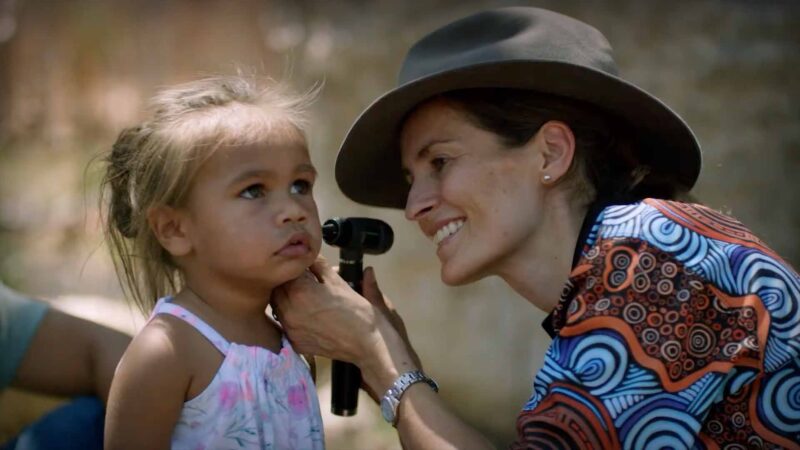Dementia care is one of the critical issues facing the aged care industry. About 500,000 Australians currently live with the brain disorder condition, and this is tipped to rise to 1.1 million in a generation.
How to effectively provide quality care for people living with dementia was a key element of the royal commission into aged care, which found the complex care required was an ongoing challenge for the industry.
More than half the residents in aged care homes have a diagnosis of dementia. “We are deeply concerned that so many aged care providers do not seem to have the skills and capacity required to care adequately for people living with dementia,” the final report said.
To address these skills gaps, Dementia Australia, developed two applications to help with the learning and development of carers. Australian Health Journal spoke with Dr Tanya Petrovich, Dementia Australia’s Business Innovation Manager on how these platforms help those caring for people with dementia to understand, and improve their communication with people experiencing dementia. Tanya also spoke about last year Dementia Australia winning two Future of Ageing Awards in the Dementia Care and Business Technology categories.
Winner of Dementia Care category in the 2022 Future of Ageing Awards: Talk with Ted
The Talk With Ted program, created by Dementia Australia, simulates a typical chat including emotional and verbal responses between a carer and the resident.
“This type of experiential learning, that is both engaging and innovative, helps people to recall exactly what they’ve learned and makes them more likely to implement these new skills – which means better care for our loved ones living with dementia,” said Dementia Australia’s CEO Maree McCabe at the time of the launch.
The AI platform was created through a collaboration between Dementia Australia’s Centre for Dementia Learning and Deakin University’s Applied Artificial Intelligence Institute (A²I²), care workers, and was informed by real-life experiences of people living with dementia. Funding came from the Rosemary Norman Foundation.
Winner of Business Technology category in the 2022 Future of Ageing Awards: Ask Annie
There are more than 130,000 people working in-home support and community care across Australia. These people play a vital role for people living with dementia, their families, and carers.
‘Ask Annie’ is a virtual tool for community care workers providing dementia care in the home. Annie guides users through a range of scenarios, based on real-life experiences, to strengthen their dementia care skills.
The mobile app offers short, self-paced learning modules to help care workers refresh their skills and learn tips and tools to provide better care to people living with dementia. These are referred to as micro-learning training, that is accessible whenever a care worker wants to schedule a quick 10 or 15-minute lesson.
Ask Annie was developed by Dementia Australia with Deakin University’s Applied Artificial Intelligence Institute (A²I²), with the financial support of Gandel Philanthropy.
Produced with kind assistance from Inside Ageing and Future of Ageing Awards.
You Might also like
-
AHJ S1E4: Augmented Reality Learning – Inside MS
Augmented learning now has application seeing the changes in a patient’s brain with Multiple Sclerosis through MRI data. Australian Health Journal met the people behind the augmented reality visor technology that will soon be used to teach trainee doctors the transitional phases of MS.
The technology has been developed by Novartis and in collaboration with the Sydney Neuroimaging Analysis Centre, located within the University of Sydney’s Brain and Mind Centre and Hatch Australia, a creative design team based in Sydney. To date the technology has been well received by neurology health care specialists attending conferences in Melbourne and in Berlin, Germany. We caught with a demo for all other healthcare professionals at the recent ARCS Conference.
Post Views:
2,036 -
Success in WA pilot to observe babies showing delays in social interaction & communication development
Inklings – led by The Kids Research Institute Australia – is a program for babies aged 6-18 months whose communications skills are developing differently to expected milestones. In early 2025 it has completed the first year of a pilot program.
At the time of filming (Nov 2024), Inklings has received more then 300 enquiries across WA and started to deliver services to 160 children, with almost 60 who have completed the program.
-
Global GP Conference comes to Australia
Over 3000 delegates from around the World will gather at the 50th celebration of WONCA to reconnect and revive General Practice, sharing knowledge and learnings on access, equity, funding, and multidisciplinary care teams. This includes networking with Australian and overseas GPs and in particular learning about primary care practices in other countries.
Australian Health Journal met with Dr Nicole Higgins, President of RACGP in transit at Brisbane Airport recently and she spoke about the $6 Billion allocated in the Federal Budget in May as a significant achievement for General Practice investment. She also emphasised this announcement reinforced GPs should be at the centre of multidisciplinary care teams to ensure continuity of care and better health outcomes.



